Elon Musk announced that his company Neuralink successfully implanted their brain-computer interface into a person's brain for the first time.
And people had some thoughts.
The surgical brain chip procedure is designed to allow humans to wirelessly connect their thoughts to devices for an elevated form of machine interaction and thought control.
The Space X founder took to his X (formerly Twitter) platform on Monday to tout the marvel milestone.
He said the unnamed human patient was "recovering well" following the chip implant surgery.
"Initial results show promising neuron spike detection," added Musk, referring to what are called action potentials, or electrical impulses, which are sent from the brain to our nervous systems to activate muscle contraction.
While the scientific breakthrough in futuristic tech is mind-blowing, people still couldn't wrap their heads around the concept of a foreign particle being embedded in their brains for people to essentially become one with machines.
New fears were unlocked.
However, there were plenty of enthusiasts who couldn't wait to be digitally linked.
Joking aside, some pointed out just how huge this is for the disabled community.
Neuralink began recruiting for potential test patients after the Food and Drug Administration approved the trial last May.
The company sought to enlist willing participants ages 22 and older who were living with quadriplegia as a result of a spinal cord injury or amyotrophic lateral sclerosis (ALS), a disease in which the nerve cells break down and therefore limit the patient's muscle functionality.
The clinical trial is called PRIME (Precise Robotically Implanted Brain-Computer Interface), and the process involves a robot surgically inserting the wires of the company's implant, called Telepathy, into a part of the brain relating to movement.
Musk described Telepathy as a device that "enables control of your phone or computer, and through them almost any device, just by thinking."
He added:
"Initial users will be those who have lost the use of their limbs."
"Imagine if Stephen Hawking could communicate faster than a speed typist or auctioneer. That is the goal."
It's a wildly ambitious plan, and one that could change the world in ways we can't even begin to imagine if it's successful.




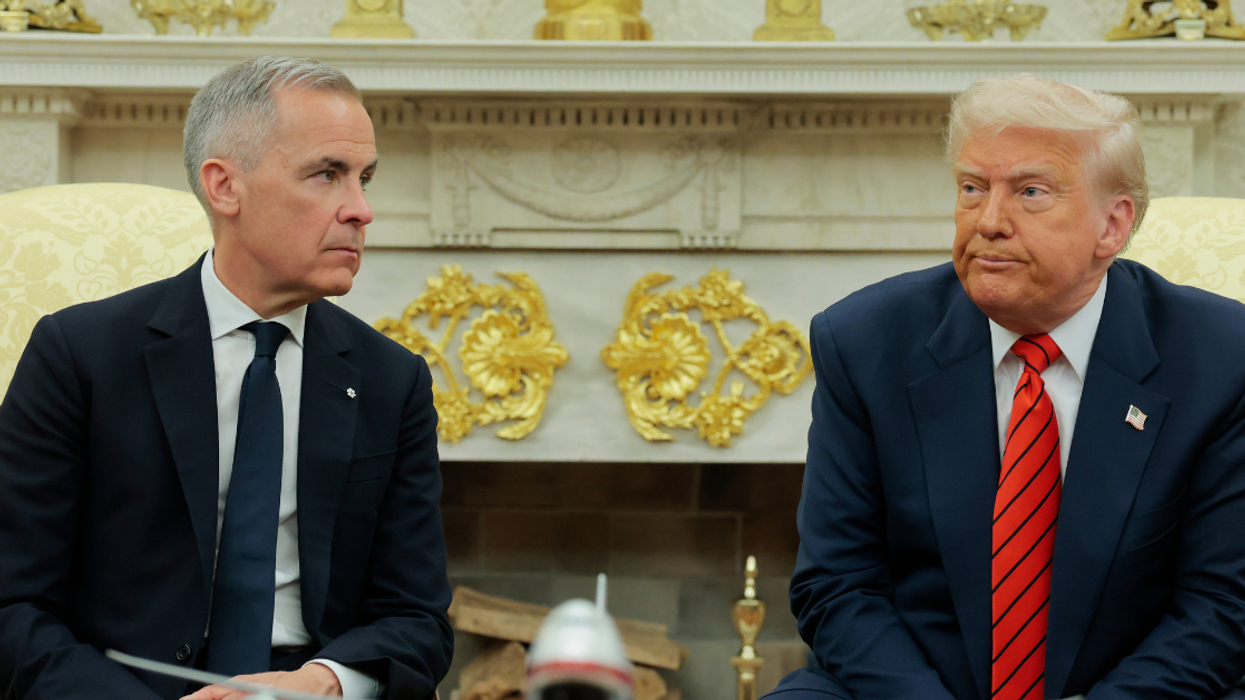


 @marshamolinari/Instagram
@marshamolinari/Instagram @orlandobloom/Instagram
@orlandobloom/Instagram @bloekaty/Instagram
@bloekaty/Instagram @kursatperry/Instagram
@kursatperry/Instagram @miamoretti/Instagram
@miamoretti/Instagram

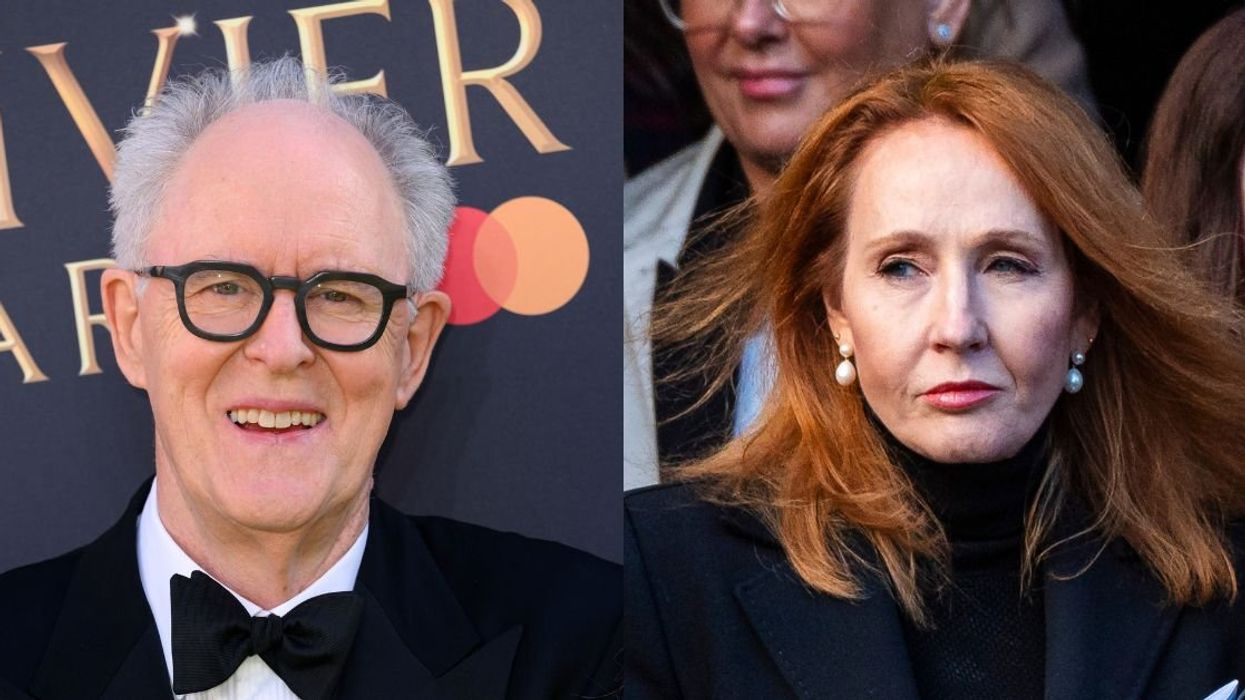

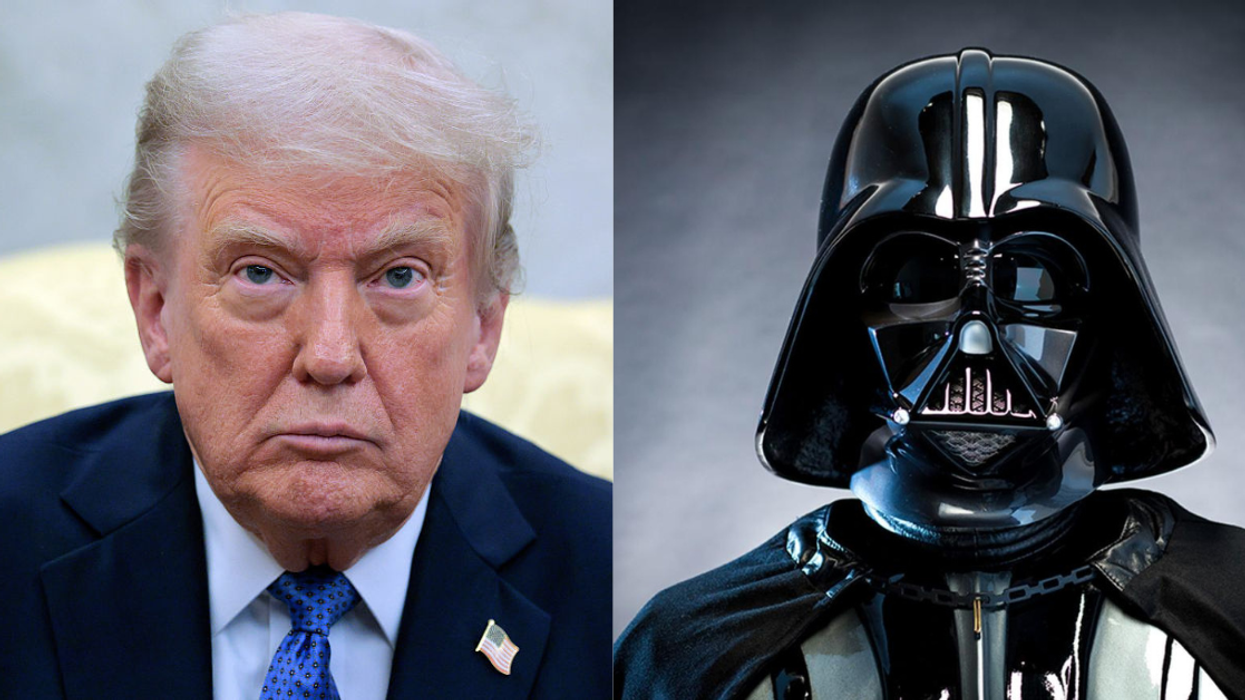
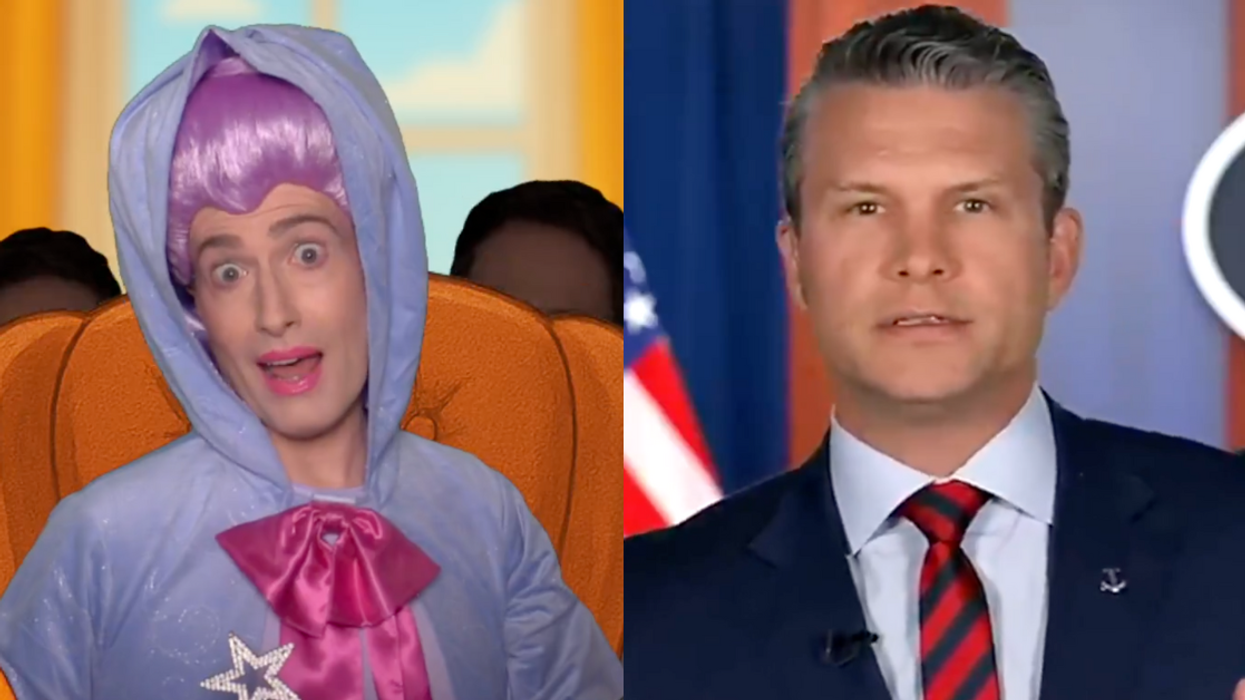
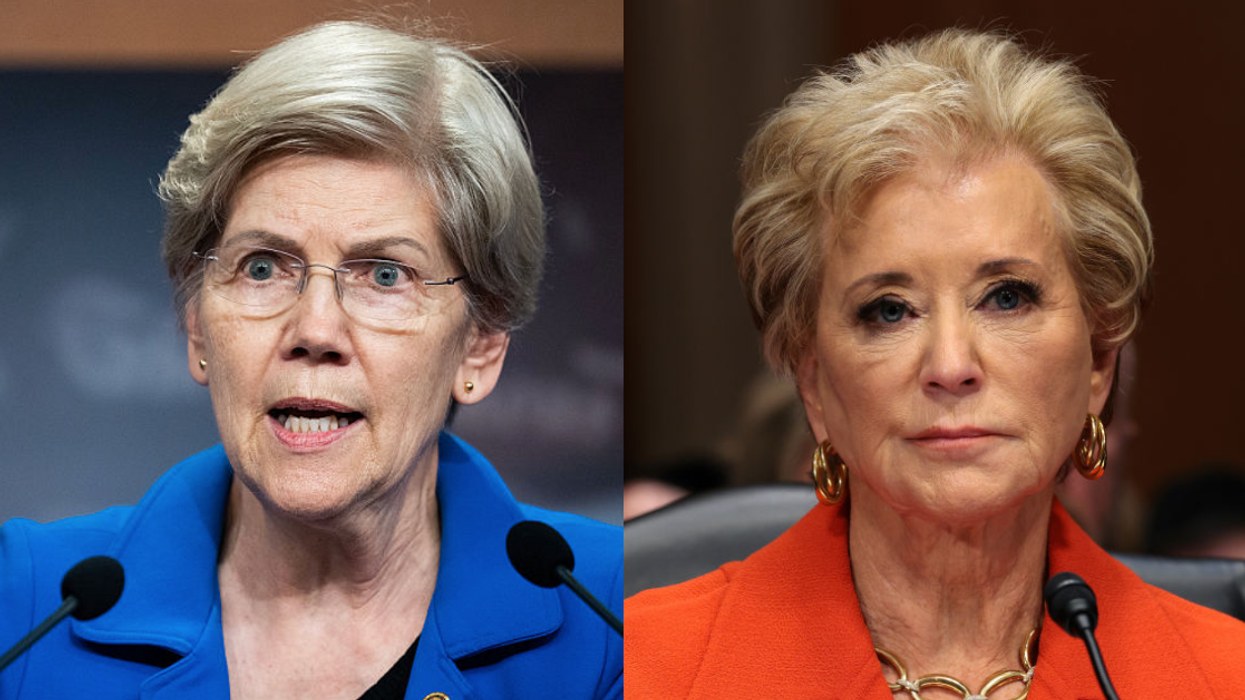

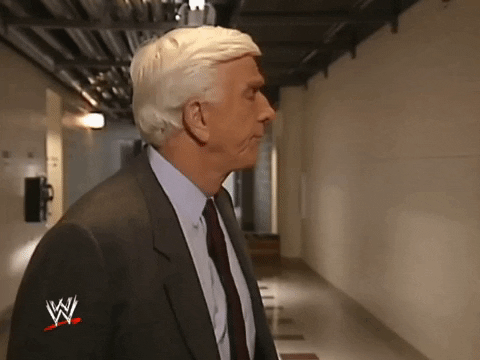





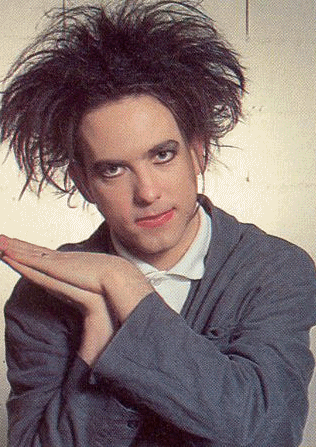
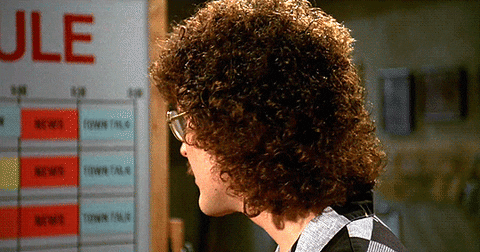
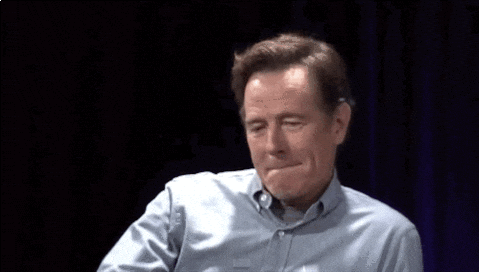


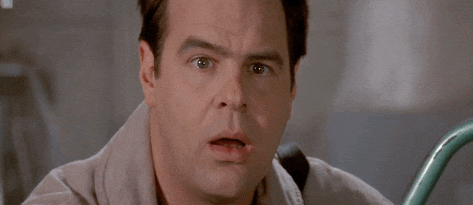




 @BreakingNews4X/X
@BreakingNews4X/X